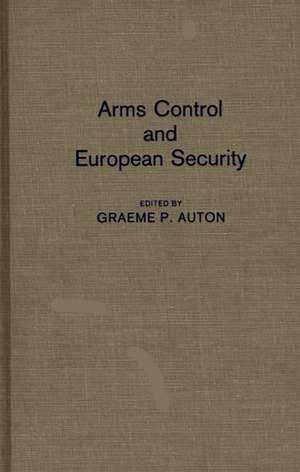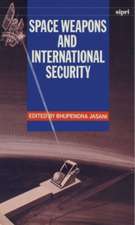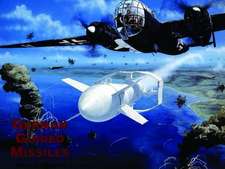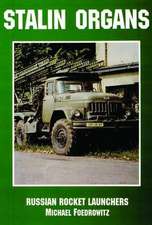Arms Control and European Security: Literature; 21
Editat de Graeme P. Autonen Limba Engleză Hardback – 31 aug 1989
In October 1987 on the eve of the Washington summit, the Committee on Atlantic Studies, a group of European and North American scholars established in 1964 to promote transatlantic dialogue, met in Toronto to discuss the implications of the new arms control for European security. This book is the fruit of that meeting. Incorporating subsequent developments, up to Gorbachev's December 1988 speech to the U.N., it provides a timely assessment of arms control issues from a variety of European and North American perspectives. The contributors to this volume council caution, suggesting that while progress is possible, it will probably be slow.
At a time when arms control has arrived at a significant crossroads, the issues raised in "Arms Control and European Security" are of critical importance to both Europeans and Americans. This volume stresses the interplay of strategic and regional arms control. It includes analyses of nuclear, conventional, and naval arms control questions and embodies a broader conception of arms control. The book links arms control to such political measures as confidence-building, conflict avoidance and superpower agreement to the neutrality of particular states.
Preț: 437.07 lei
Preț vechi: 707.35 lei
-38% Nou
83.64€ • 87.00$ • 69.05£
Carte tipărită la comandă
Livrare economică 15-29 aprilie
Specificații
ISBN-10: 0275931536
Pagini: 211
Dimensiuni: 156 x 234 x 14 mm
Greutate: 0.48 kg
Ediția:New.
Editura: Praeger
Seria Literature; 21
Descriere
At a time when arms control has arrived at a significant crossroads, the issues raised in Arms Control and European Security are of critical importance to both Europeans and Americans. This volume stresses the interplay of strategic and regional arms control. It includes analyses of nuclear, conventional, and naval arms control questions and embodies a broader conception of arms control. The book links arms control to such political measures as confidence-building, conflict avoidance and superpower agreement to the neutrality of particular states.













